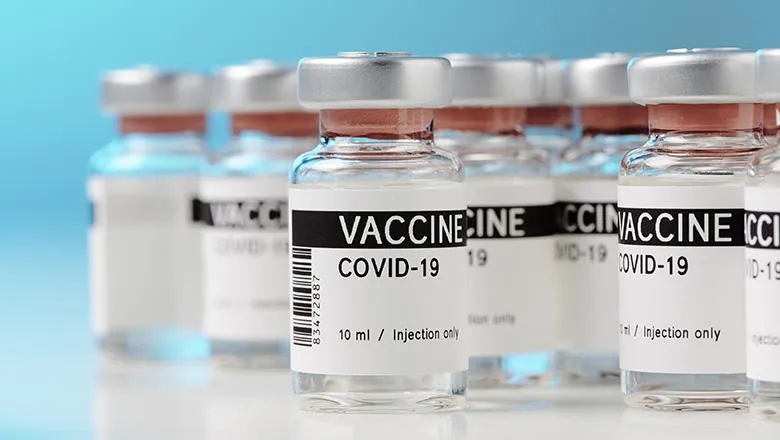COVID-19 created a major new source of uncertainty and anxiety. People’s sense of internal control fell, and they needed to pin their hopes on something that could contain the new source of uncertainty and anxiety.
Research team
04 February 2021
Vaccine is good news for science but bad news for governments
Trust in governments and elected politicians actually fell following the announcement of positive vaccine results from pharmaceutical giants Pfizer/BioNTech.

When the news broke on 9 November last year that the Pfizer/BioNTech vaccine was 90 per cent effective against the original strain of COVID-19, there was a surge in optimism in financial markets across the world.
Despite good news in the financial world, however, it proved to be bad news for politicians and governments in both the UK and US as levels of trust among citizens tumbled. Conversely, in the early stages of the pandemic - seen as a universally negative period - trust in governments actually rose.
Described as a “surprising result” a group of King’s College London academics found that trust in governments and their competency decreased by about 29 per cent in the US and 23 per cent in the UK in the wake of the vaccine news. Two large, nationally representative surveys were ongoing (for two days) in both countries when the announcement was made and were completed shortly thereafter. This allows for the causal interpretation of the findings.
The findings were revealed in a new working paper, Good News for Whom? The Pfizer/BioNTech Vaccine Announcement Reduced Political Trust, authored by Professor Shaun Hargreaves Heap, Dr Christel Koop, Dr Konstantinos Matakos, and PhD candidates Asli Unan and Nina Weber, all from the Department of Political Economy.
Attempting to explain the result, the academics believe the hope provided by the vaccine may have given citizens a new focal point in which to place their trust, shifting it away from the government.
They said: “Since the evidential basis for governments’ evaluation remained unchanged, our results can only be explained by a purely psychological mechanism: a dispositional effect in response to changing levels of anxiety. We speculate that the psychological mechanism responsible for the negative change in the evaluation of government in our experiment is a form of motivated reasoning.
“COVID-19 created a major new source of uncertainty and anxiety. People’s sense of internal control fell, and they needed to pin their hopes on something that could contain the new source of uncertainty and anxiety.
“Governments are a possible agent for controlling COVID-19 uncertainty. So, this might explain why trust in governments rose initially. But when the vaccine was announced, people had something else to pin their hopes on and their need for trust in government, and hence their belief in it, declined.”
These findings challenge previous explanations of changes in political trust at the onset of COVID-19, as well as the perceived association between trust in government and compliance with its policy with the missing link –explaining both-- being uncertainty about the future and its attendant anxiety. The latter has important implications for compliance with government guidelines, especially during times of crisis.



